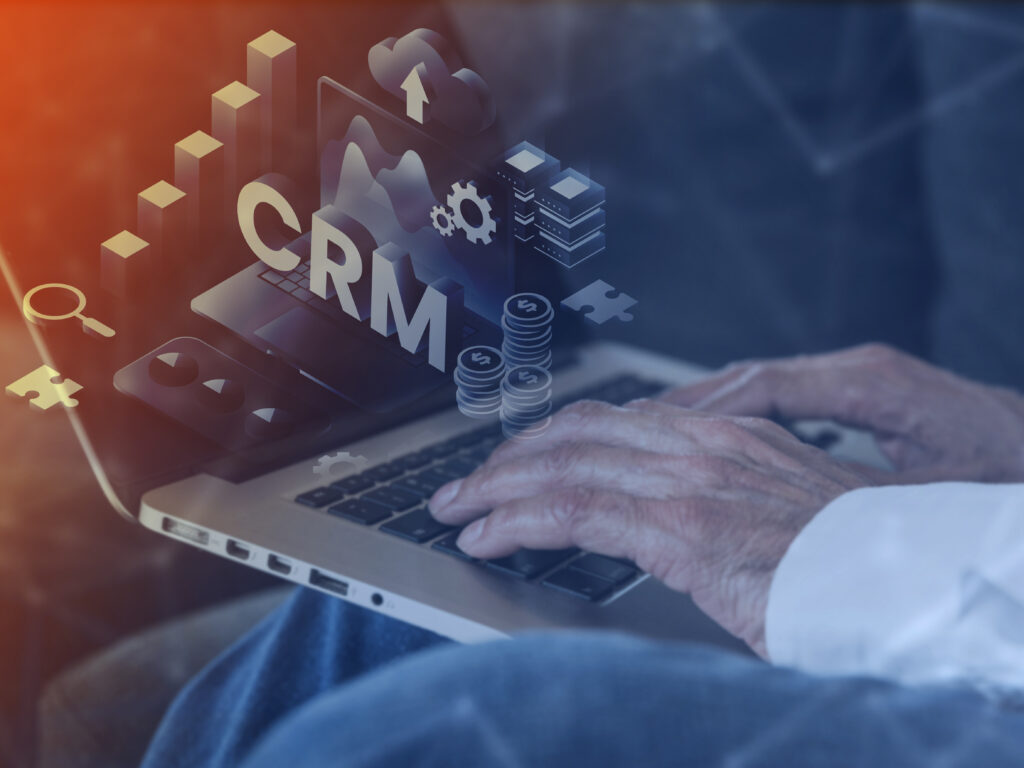How Automated Workflows in CRM Can Save Time for Loan Consultants
In the fast-paced world of loan consulting, time is a valuable resource. Automated workflows in Customer Relationship Management (CRM) systems are transforming the industry by streamlining processes, increasing productivity, and saving time for loan consultants. Here’s how: 1. Efficiency in Data Management: Automated workflows allow for seamless data management, reducing the need for manual data entry. Loan consultants can easily access and update client information, track loan applications, and manage documentation using a centralized system. This reduces errors and ensures data accuracy, freeing consultants to focus on client interactions rather than administrative tasks. 2. Streamlined Communication: Automated workflows allow timely and consistent client communication. Loan consultants can keep clients up to date on the status of their applications, upcoming deadlines, and required documents by sending automated emails and notifications. This not only improves client satisfaction but also saves time on follow-ups and manual communication 3. Task Automation: Within the CRM system, routine tasks such as appointment scheduling, reminder sending, and report generation can be automated. This reduces the administrative burden on loan consultants, allowing them to devote more time to high-value tasks like advising clients and closing transactions. Task automation ensures that critical steps in the loan processing cycle are not overlooked, resulting in increased overall efficiency. 4. CRM systems with automated workflows encourage better collaboration among team members. Team members can collaborate more effectively when there is a shared platform for accessing client information and tracking progress. Automated workflows ensure that tasks are assigned to the right people at the right time, allowing for smooth transitions and timely completion of processes. 5. Automated workflows aid in compliance with industry regulations by standardizing processes and keeping accurate records. This reduces the risk of non-compliance and the resulting penalties, saving time and resources that would otherwise be spent on problem resolution. Finally, automated CRM system workflows greatly improve loan consultants’ efficiency and productivity. By automating routine tasks, streamlining communication, and ensuring compliance, these systems enable consultants to concentrate on what they do best: providing expert advice and securing loans for their clients.










